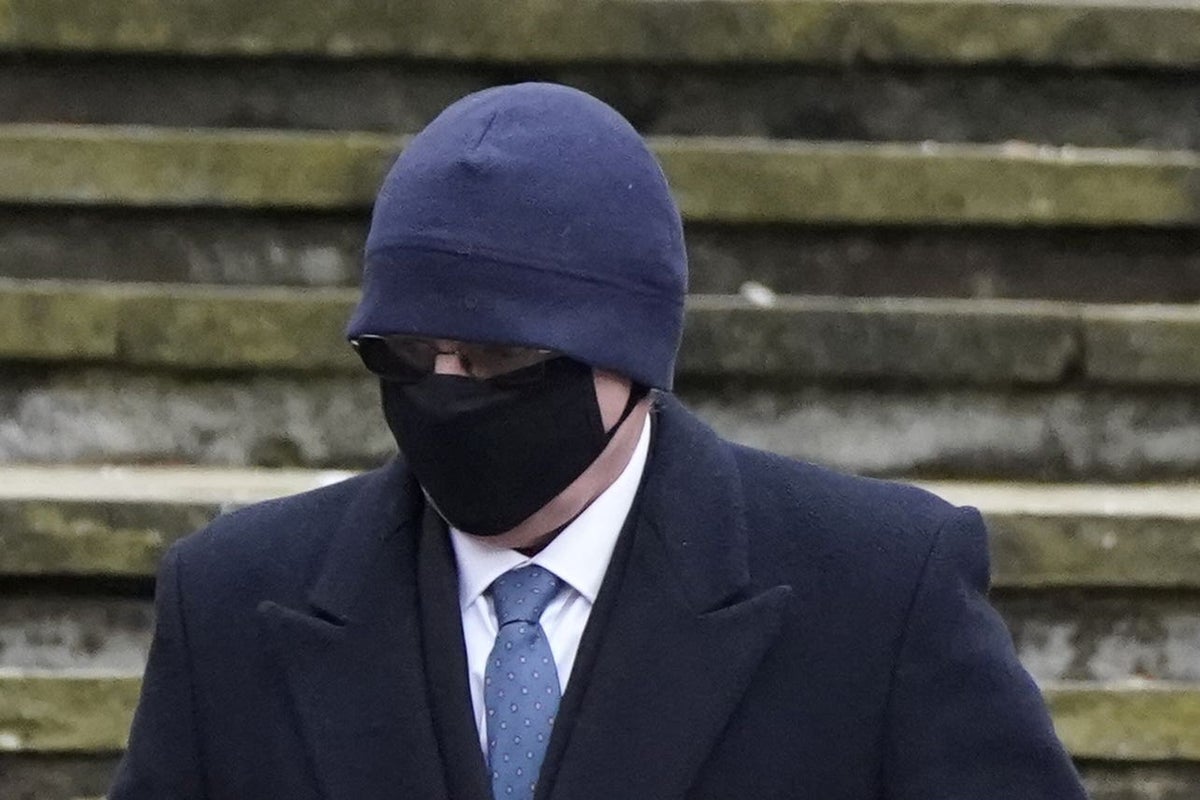
A boat company at the centre of a trial following the death of a 15-year-old passenger on one of its rides had received three complaints from injured passengers in 10 years.
Speedboat driver Michael Lawrence was found not guilty of manslaughter after his boat crashed into a buoy in Southampton Waters in 2020, leading to the death of 15-year-old Emily Lewis.
Lawrence was however found guilty of failing to maintain a proper lookout and failing to maintain a safe speed at Winchester Crown Court on Tuesday.
Michael Howley, the owner of Seadogz, was found guilty of not operating the boat safely.
After the verdict against Howley was delivered the court was told by prosecution solicitor David Richards KC that Seadogz had received three complaints from injured passengers in 10 years – with one person injured during a ride in 2012 receiving a £300,000 payout.
Another man suffered a back injury in September 2019 which resulted in surgery for broken vertebrae, while a third person was injured in July 2017.
None of those injuries resulted in criminal charges. Seadogz is no longer in operation.
Howley’s solicitor James Newton-Price KC said he did not accept any of those claims would count as findings against his client during sentencing.
The court also heard a marine investigation concluded Lawrence “failed to follow recommended safety practices”.
Marine investigators highlighted “urgent safety considerations” and said that “few” recommended safety practices were being followed by “Mr Safe” skipper Michael Lawrence on the day of the fatal crash.
After examining the collision, the Marine Accident Investigation Branch (MAIB) called for high-speed operators to review their risk assessments to prevent further deaths.
Investigators found that “few of the safety practices” in its voluntary Code of Practice (CoP) were being followed by the skipper of the Seadogz Rib on the day of the crash.
The report described how Emily Lewis was “catapulted” into a metal handle in front of her, causing her fatal internal injuries.
It stated: “During the trip the passengers became accustomed to passing close by large navigation buoys at speed which resulted in them being unconcerned at the craft’s approach to the buoy and so did not attempt to alert the skipper.
“High-speed figure-of-eight turns completed during the trip increased the risk of hooking or spinning out.
“The skipper was operating single-handedly, at high speed, and did not see the navigation buoy, which was directly ahead, for 10 seconds before impact.”
The MAIB called on all high-speed craft operators to review their risk assessments and working practices under its voluntary CoP to prevent similar accidents.
Andrew Moll, chief inspector of marine accidents, said following the release of the report: “What is concerning, is that few of the safe working practices in the voluntary CoP were being followed on the day of the accident.
“These rides can provide excitement, entertainment and fun, and for this reason they are popular.
“However, this dreadful accident saw nine people sustain very serious injuries and tragically cost the life of a young person.
“I want to remind operators that they also have a duty of care for their passengers, and safety should not be compromised in pursuit of a thrill.”
Emily’s parents Simon and Nikki described how the ride, which they booked as a treat for their daughters, Amy, 18, and Emily, 15, had started out as exciting with the tight turns being “unnerving but fun”.
The family was taken by another Rib to the shore and then to hospital where they made the decision to turn off Emily’s life support system after being told she had suffered oxygen deprivation to the brain and her injuries were unsurvivable.
In a statement read to the jury, Mrs Lewis described the safety briefing given by Lawrence as “wishy-washy” and she was scared during the ride because she felt he was driving the Rib too fast.
The family said in a statement released previously through Hampshire Police: “We are all in shock that our beautiful daughter and sister is no longer with us, and words just don’t seem available to express our deep sense of loss.”







